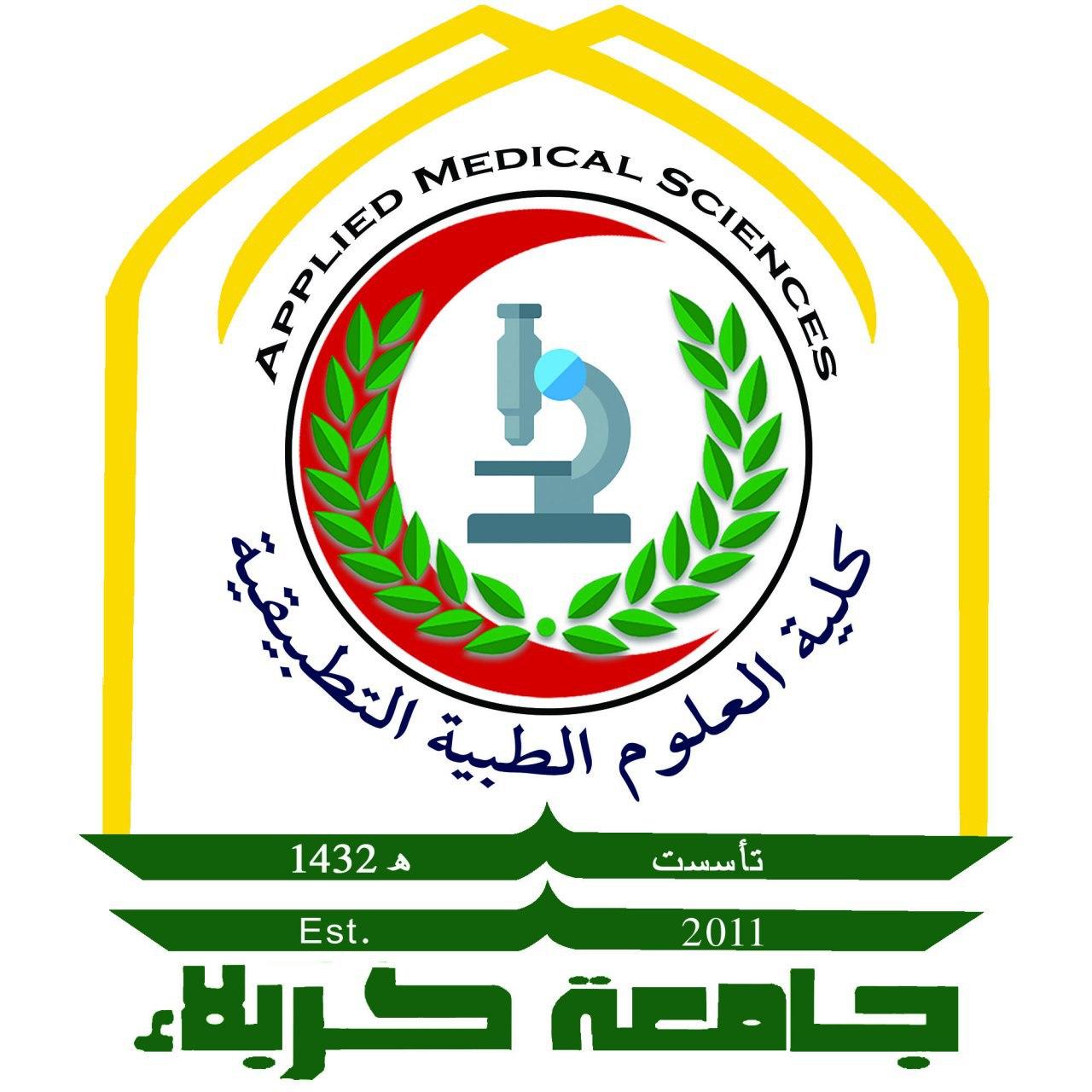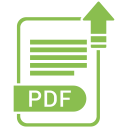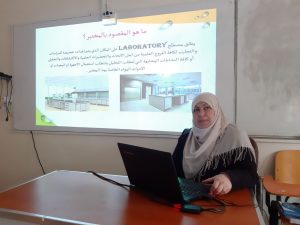Use of intravenous paracetamol infusion versus placebo in acute brain injury
Samer A. Jawad1, Zahraa Abdul Karim2, Maysaa salih3, Moayad mijbil ubaid4
1: Head of intensive care unit in Al-Hussein medical city /Iraq
2: Department of Pharmacology College of pharmacy Karbala University / Iraq
3: Department of the clinical laboratories College of applied medical sciences Karbala University / Iraq
4: Department of science College of basic education / summer University / Iraq
خلفية الدراسة: إصابات الدماغ الرضية هي الأسباب الرئيسة للوفاة والعجز في جميع أنحاء العالم، وخاصة في الأطفال والشباب. حيث تؤدي إلى تغيرات في درجة الحرارة وتدفق الدم في المخ والضغط داخل الجمجمة والوعي. المرضى الذين يعانون من هذه الاصابات في كثير من الأحيان يعانون من نوبات حمى, التي قد تؤدي إلى العواقب السابقة لذلك ينبغي علاجها وقائيا عن طريق استخدام خافض حرارة مناسب.
اهداف الدراسة: اعطاء البراسيتامول الوريدي المبكر للمرضى يقلل من درجة حرارة الجسم الكلية مقارنة مع الدواء الوهمي (السائل الوريدي المالح).
الطريقة: شاركوا في هذه الدراسة 20 مريضا من كلا الجنسين, تتراوح اعمارهم من 18 الى 65 سنة، من الذين تم إدخالهم إلى وحدة العناية المركزة نتيجة لإصابات الدماغ الحادة، نفذت الدراسة في وحدة العناية المركزة لمدينة الحسين (ع) الطبية في كربلاء خلال فترة تراوحت من 1 تشرين الثاني 2016 الى 28 شباط 2017. تم اختيار المرضى المؤهلين تم اختيارهم عشوائيا وقسموا الى مجموعتين وشملت كل مجموعة 10 مرضى حيث اعطيت المجموعة أ ( 0.9٪ من محلول كلوريد الصوديوم ايضا كل 6ساعات ولمدة 24 ساعة) وتلقت المجموعة ب (1غرام من البراسيتامول الوريدي كل 6ساعات لمدة 24 ساعة). تضمنت النتائج درجة الحرارة, نسبة النبض, ضغط الدم العالي والواطئ حيث سجلت قبل اعطاء الادوية وبعد اعطاء الادوية خلال 24 ساعة حتى 2 ساعة من اخر جرعة. البيانات تم تحليلها احصائيا بالفحص-تي.
النتائج: باستخدام فحص-تي للمجموعتين, اظهرت هذه الدراسة ان هناك انخفاض قليل أو عدم وجود تأثير كبير في درجة حرارة المرضى للمجموعة ب الذين استلموا البراسيتامول P>0.05)) باستثناء اول جرعة من البراسيتامول P<0.05)), في حين لا يوجد أي تغيير في درجة حرارة المجموعة أ الذين أعطوا محلول كلوريد الصوديوم P>0.05)).كما اظهرت ان هناك نقص واضح في ضغط الدم الواطئ للمجموعة ب عند الجرعة الاولى والثانية من البراسيتامول P<0.05)), في حين لا يوجد تأثير للمجموعة أ P>0.05)). واظهرت الدراسة انه لا يوجد تغيير واضح في نسبة النبض و ضغط الدم العالي لكلا المجموعتين P>0.05)).
الاستنتاج: توصلنا إلى أن هناك انخفاض في درجة حرارة المرضى الذين استلموا البراسيتامول، في حين لا يوجد أي تغيير في درجة حرارة المرضى الذين أعطوا محلول كلوريد الصوديوم.
مفتاح الكلمات: اصابة الدماغ الرضية, البراسيتامول, النورمال سلاين و الحمى.
Abstract
Background: Traumatic brain injuries (TBI) are main causes of mortality and disability worldwide, particularly in children and young adults. They lead to changes in temperature, cerebral blood flow, the pressure inside the skull and consciousness. Patients with TBI experience febrile episodes which lead to previous consequences so it should be resolved prophylactically by use an appropriate antipyretic, but remains important deficiency of coherent evidence about active therapies in the acute care of patients with TBI.
Objectives: Early administration of intravenous paracetamol to patients to reduces core body temperature following intense traumatic brain injury contrast to placebo (normal saline).
Patients & Methods: Involved in this study 20 patients of both sex, aged from 18 to 65 years, who were accepted to the intensive care unit for sharp brain injury. A prospective study was carried out in intensive care unit in AL Hussein medical city in Karbala during the period from first of November 2016 to the 28Th of February 2017. Eligible patients were randomly selected & classified to two groups A & B which (10 patients each group). Group A received (0.9 %) of sodium chloride (normal saline) each (6 /24) hours and group B received 1gram of intravenous Paracetamol every (6 /24) hours. The result included Temperature, pulse rate and systolic & diastolic of blood pressure, which were measured prior to administration of the study drug, hourly during the period of study (24 hours) & till 2 hours after the final dose of the study. The data were analyzed by using T-test.
Results: By using T-test of two groups. Shows this study that there is little or no significant decrease in patient’s temperature in group B who were given paracetamol (P>0.05) except at (first dose) of paracetamol (P< 0.05), while there is no change in group A who were given normal saline (P>0.05). This study also shows significant decrease in diastolic blood pressure in group B at (first & second dose) of paracetamol (P<0.05), while there is no significant change in group A (P>0.05). When we monitored the pulse rate parameter & systolic blood pressure, we noticed that there is no significant change in its value in the two groups (P>0.05).
Conclusion:. Was concluded that there is little or no significant decrease in patient’s temperature in group B who were given paracetamol, while there is no change in group A who were given normal saline.
Key words: Traumatic brain injury, Paracetamol, normal saline and Fever.
[/mhc_text][/mhc_column][/mhc_row][/mhc_section]




























































